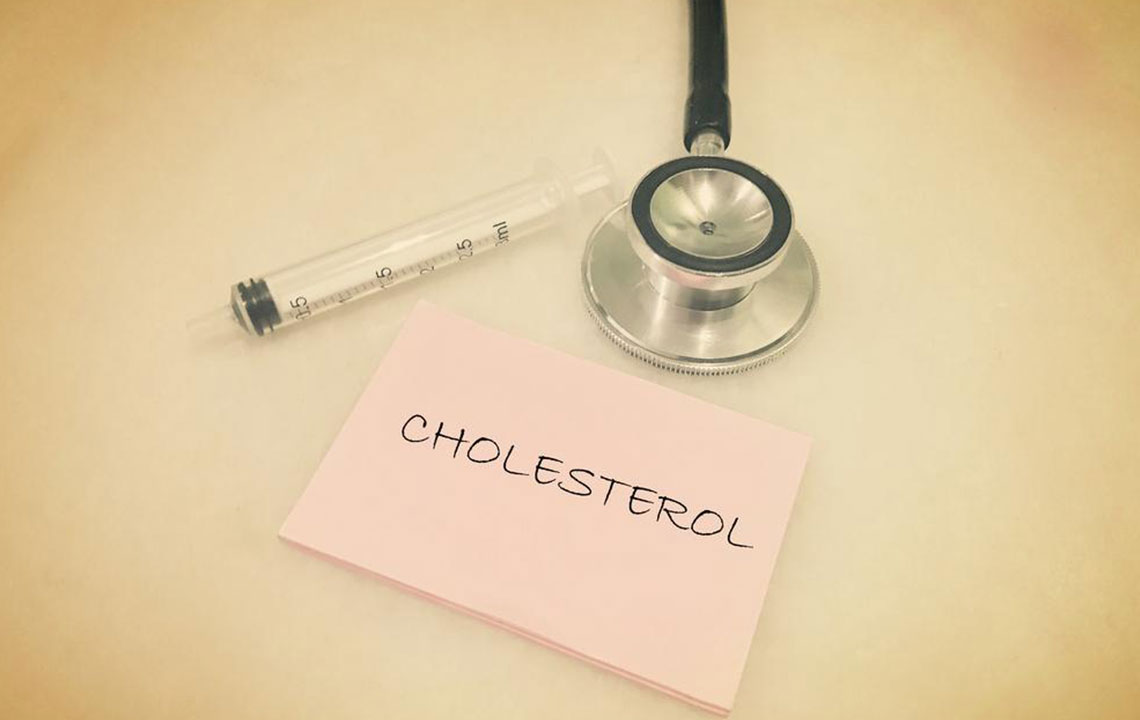Effective Strategies for Managing Elevated Cholesterol Levels
Learn effective strategies to manage high cholesterol levels, including lifestyle changes, regular testing, and dietary tips. Understanding your cholesterol profile can significantly reduce the risk of heart disease and strokes. Consult healthcare professionals for personalized advice and stay proactive in maintaining your cardiovascular health.

Effective Strategies for Managing Elevated Cholesterol Levels
Cholesterol, a waxy fatty substance produced by the liver, is essential for building cell membranes and hormone synthesis. It is transported through the bloodstream via lipoproteins, mainly low-density (LDL) and high-density (HDL). While cholesterol is vital, excess amounts can lead to serious health issues. LDL, often referred to as "bad" cholesterol, can build up in arteries causing blockages. Conversely, HDL helps remove bad cholesterol, protecting against heart disease. Regular monitoring is crucial, as high cholesterol shows no symptoms and can significantly increase risks like heart attacks and strokes.
High cholesterol levels are common—about one in three people are affected. Lifestyle factors, genetics, or related health conditions like diabetes can raise cholesterol. Preventative measures include healthy eating, regular screenings, and choosing healthier fats like those from nuts, seeds, and olive oil. Avoid trans fats and limit saturated fats and added sugars. Always consult healthcare providers for personalized advice and management plans.
Note:
Information provided here is for educational purposes and should not replace professional medical advice. Always consult licensed healthcare professionals for diagnosis, treatment, and personalized health guidance.










